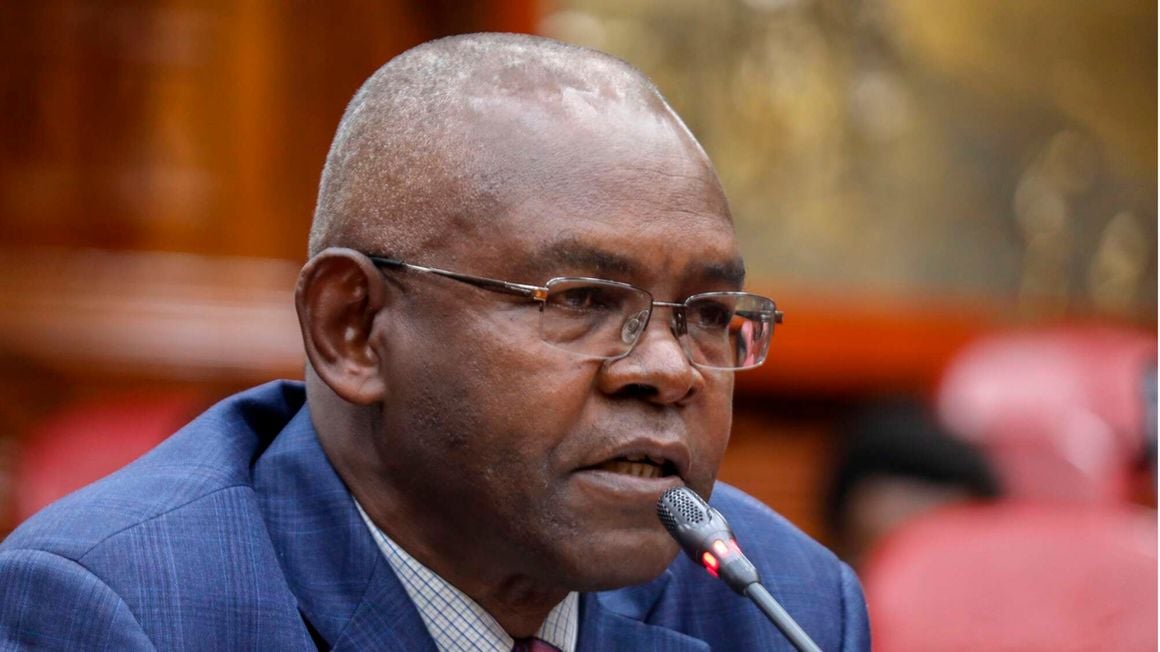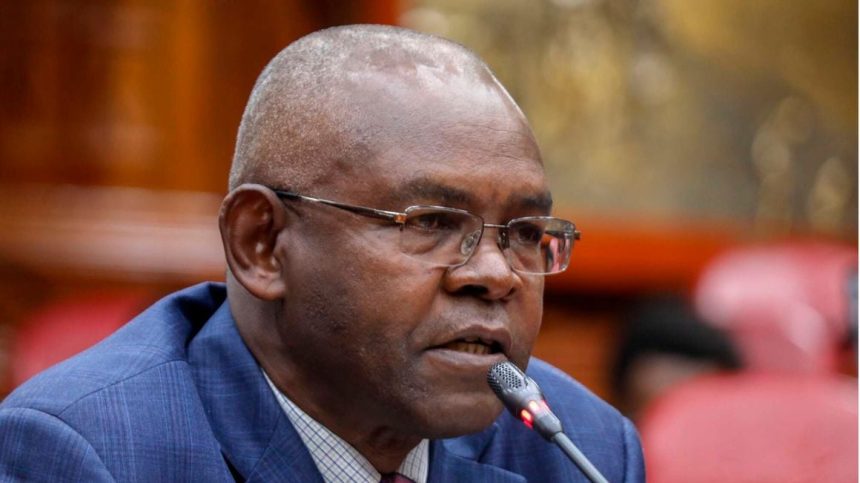The Treasury has fallen short of its domestic borrowing target for the fiscal year ending June 30 by Sh39 billion, following the last-minute upward revision that was expected to raise funds to settle pending fuel subsidy bills.
The Central Bank of Kenya (CBK), which is the government’s fiscal agent, said on Tuesday that it had mobilised a net of Sh436 billion for the current year.
In Supplementary Budget II which was approved this week, the domestic borrowing target was raised by Sh50 billion to Sh475 billion.
“We were able to mobilise resources of up to Sh436 billion, compared to a target of Sh475 billion, meaning that we achieved 92 percent of the target,” CBK governor Kamau Thugge said on Tuesday.
The Treasury is unlikely to realise the new target considering the fiscal year closes tomorrow and there is no bond on sale in the primary market.
Treasury bill proceeds from this week’s auction are also likely to go towards rolling over maturities, with heavy bidding unlikely in a relatively tight money market.
The additional headroom created by the domestic target revision, however, allowed the government to accommodate the surprise three-year bond tap sale that was done last week, which raised Sh18.6 billion.
The Treasury’s borrowing targets are determined by Parliament through budget-making, meaning that it would need the approval to burst the upper limits.

Before that sale, the Treasury had released a bulletin indicating it had effectively met the previous target of Sh425 billion after raising Sh213 billion in an infrastructure bond that was sold earlier this month.
“Though coming late into the fiscal year, we think the reason for the upward revision of the domestic borrowing target by a further Sh50 billion was most likely to settle oil marketers’ subsidy arrears,” analysts at NCBA said in a fixed income note.
“With this upward revision of the domestic borrowing target, the sovereign thus has a week to borrow about Sh75 billion. Given T-bill redemptions of Sh16.4 billion this week, the sovereign is unlikely to hit the new target unless there is another tap sale.”
A communique seen by the Business Daily last week revealed the government intended to raise Sh17.5 billion in the first tranche of the three-year bond, to pay part of the Sh45.8 billion debt owed to oil marketers that were carried forward from the fuel subsidy scheme that has since been discontinued.
The second tranche of the remaining Sh28 billion bond will be issued in the second week of next month, with the government admitting that it was forced to split the bond due to the Exchequer’s thinning fiscal space in the current financial year.
This move followed an earlier proposal by oil marketers to the State, asking it to convert their arrears into a debt instrument, which would offer them an opportunity to earn regular interest over the life of the security.
Oil marketers have since April 2021 pocketed Sh124.07 billion under the subsidy meant to cushion consumers against high pump prices, and settlement of the debt will bring the total payout to Sh169.89 billion.
Creating jobs
The government has in the past considered securitising pending bills (through issuance of special bonds) as one of the options for addressing the rising pile of such bills whose volume had grown to Sh537.2 billion by the end of March.
Such a conversion would allow the government to spread its obligation to a longer duration, easing the pressure on the taxpayer to fork out billions each year in payments.
Releasing funds to businesses would also unlock working capital, helping fund new investments and creating new jobs.



